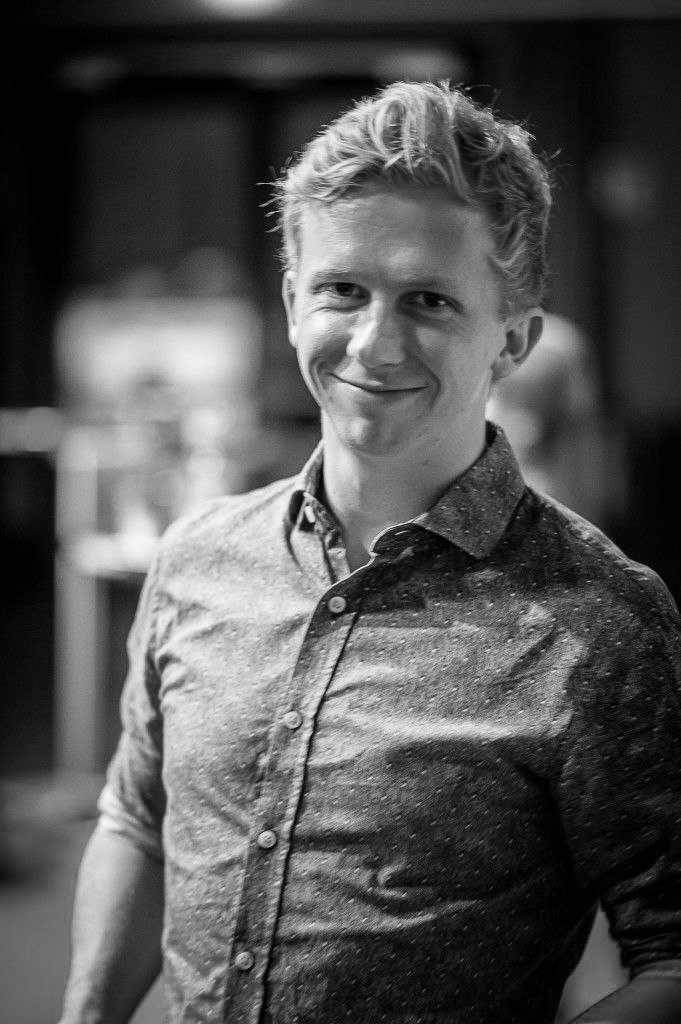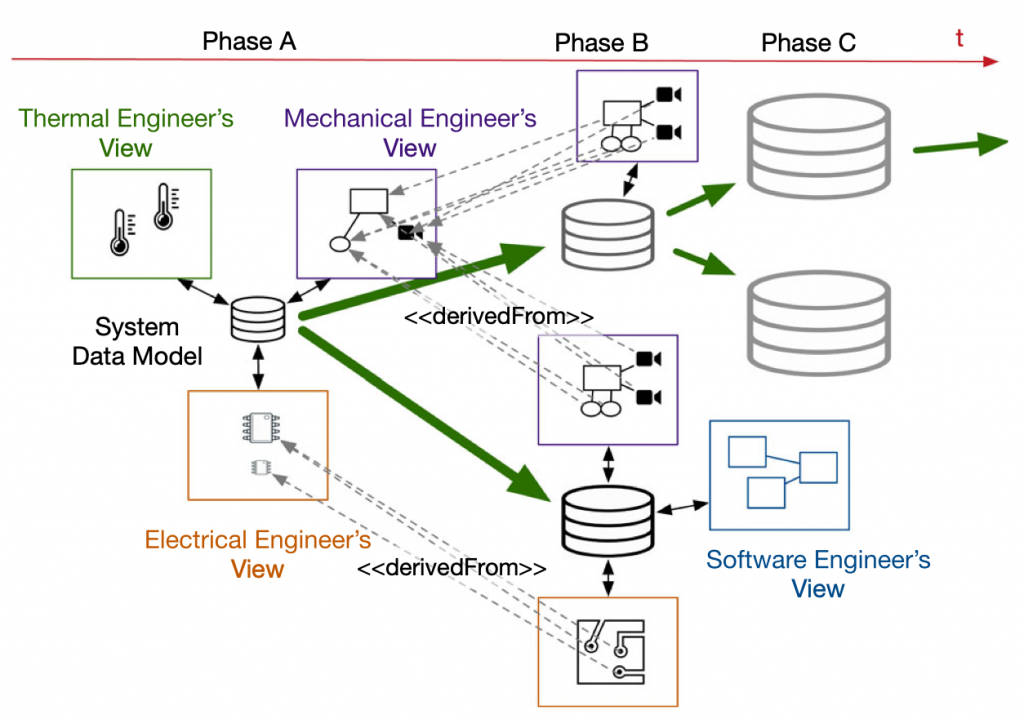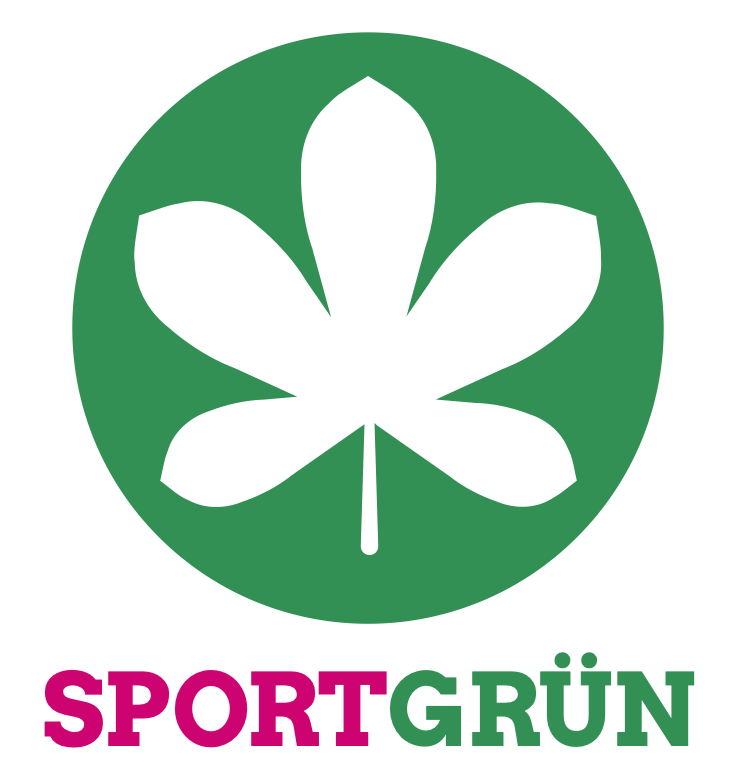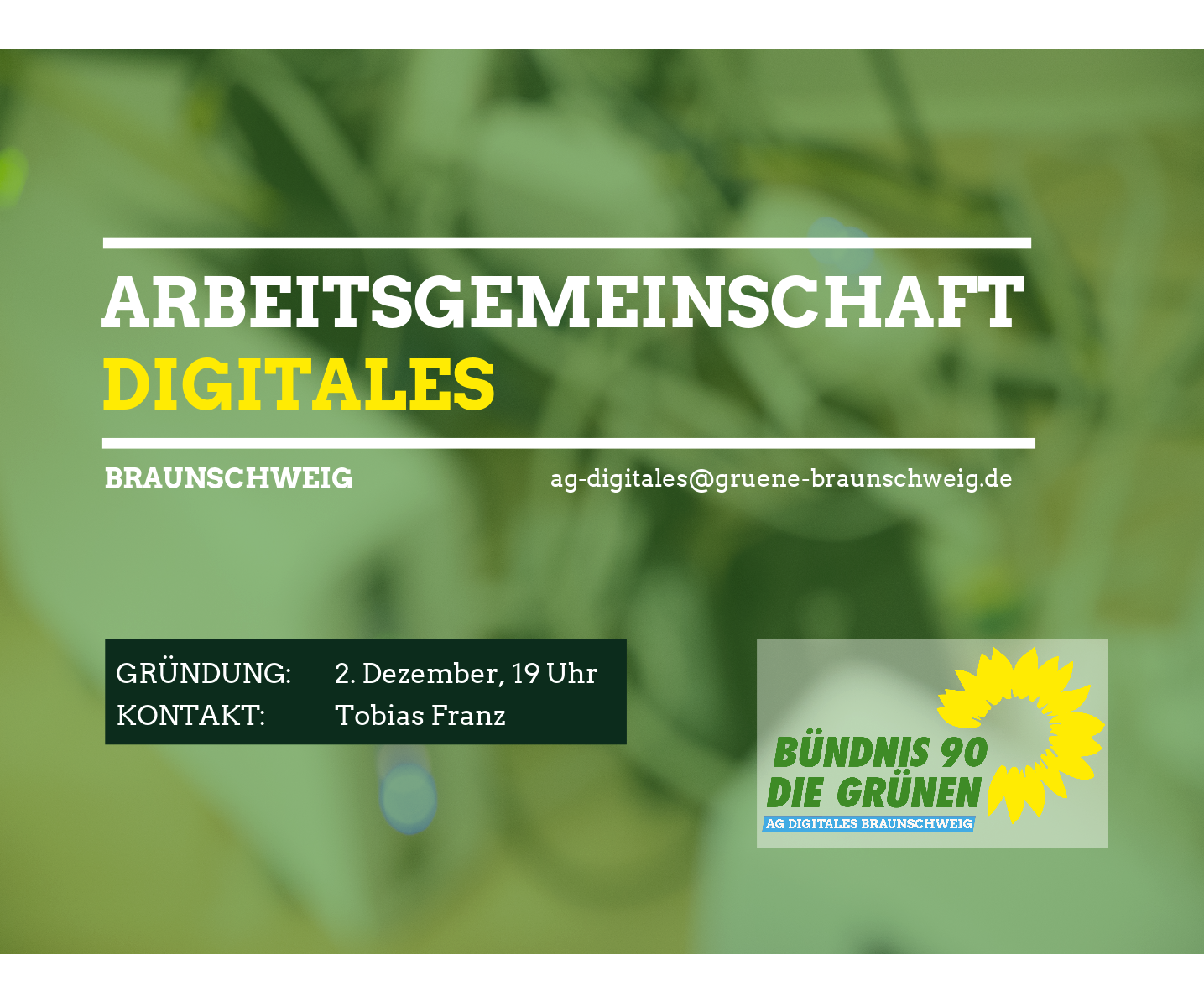Hallo ihr Lieben,
seit eineinhalb Jahren bin ich nun bei den GRÜNEN – bei euch, einem Haufen von Menschen, die mir wirklich ans Herz gewachsen sind. Diese Gemeinschaft macht unseren existentiellen Kampf für eine grünere und gerechtere Welt akzeptabel und positiv.
Als Wissenschaftler werde ich regelmäßig mit der katastrophalen Situation unseres Planeten konfrontiert. Die Wissenschaft zeigt jedoch auch, dass wir längst Möglichkeiten für eine nachhaltigere und lebenswertere Gesellschaft haben. Die mangelnde Umsetzung dieser treibt mich in die Politik. Es liegt an uns allen, aktiv für echten Fortschritt und Wandel zu kämpfen!
In den nächsten Jahren haben wir gigantische Aufgaben vor uns: Gesellschaftlich müssen wir unser Land von der schwarz-roten Prägung der letzten Jahre hin zu einer modernen, nachhaltigen Gemeinschaft führen, um auf den 1,5°-Pfad zu kommen. Politisch steht dieses Jahr ein Wahlkampf an, bei dem wir endlich wieder mindestens eine*n Abgeordnete*n in ein überregionales Parlament bekommen können. Organisatorisch müssen wir den Mitgliederwachstum optimal nutzen, um diesen großen Aufgaben gerecht zu werden.
Ich möchte an der Bewältigung dieser Aufgaben mitwirken und den Wandel aktiv gestalten. Als ruhige und rationale Persönlichkeit will ich hier koordinierend und vermittelnd tätig werden. Ich sehe das Schatzmeister*in-Amt dabei als eine gute Möglichkeit, aus dem Hintergrund an der Steuerung unseres Kreisverbandes mitzuwirken. Mit meiner strukturierten Arbeitsweise, meinen analytischen Fähigkeiten und meinem Enthusiasmus möchte ich mich für euch und für uns einsetzen! Dafür werbe ich um Eure Unterstützung im neuen Vorstand.

Beruf: Wissenschaftler beim Deutschen Zentrum für Luft- und Raumfahrt (DLR) im Bereich Raumfahrt- & Digitalisierungsforschung
Studium: Informatik (Master of Science)
Parteiengagement: Parteimitglied seit Juli 2020, Gründer und Koordinator der AG Digitales im KV Braunschweig, Mitglied der LAG Digitales und Medien in Niedersachsen, Delegierter für die BAG Digitales und Medien
Hobbies: Fotographie, Volleyball, Triathlon, Kite- und Windsurfen







